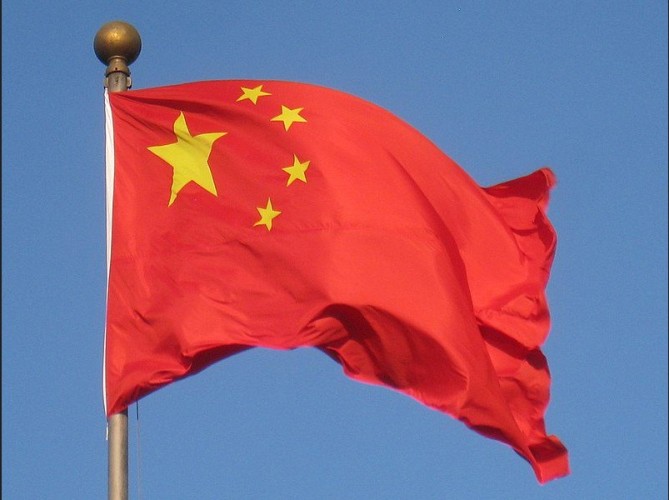The U.S. is pushing Japan and the Netherlands to expand their restrictions on semiconductor-related exports to China, seeking to cover equipment for older-generation chips as well as chipmaking chemicals.
The U.S. imposed sweeping export curbs in October 2022 to limit China’s access to semiconductors seen as key for technologies such as artificial intelligence and self-driving vehicles, as well as high-tech weapons.
Japan and the Netherlands followed suit last year at Washington’s behest, but shipments to China of products not covered by the bans, mainly midrange to high-end chipmaking gear, have grown sharply. This has alarmed Washington, spurring it to press for tougher measures by two countries that are major players in the field.
The current curbs broadly restrict exports of gear for making semiconductors in the 10- to 14-nanometer range or smaller. The U.S. wants this expanded to encompass some equipment for older, generic chips.
Washington likely has its eye on lithography equipment, which prints circuits onto silicon wafers, and etching systems, used in three-dimensional stacking of memory chips. Japanese players such as Nikon and Tokyo Electron have particularly advanced capabilities in those fields.
Essential chipmaking chemicals such as photoresist, for which Japanese companies including Shin-Etsu Chemical control over 90% of the market, are also believed to be in Washington’s crosshairs.
The Netherlands, home to semiconductor gear maker ASML, has been asked to stop companies from maintaining and servicing chipmaking equipment sold to China before last year’s trade curbs took effect. The U.S. has urged Germany and South Korea to stop supplying necessary components as well, according to Bloomberg.
Japanese officials and companies have been taken aback by the pressure.
“We have no plans to take new measures at this time,” Economy, Trade and Industry Minister Ken Saito said Friday.
Tokyo last July added 23 items to its list of products subject to export restrictions, including equipment for making advanced semiconductors. It already requires permission to export photoresist for extreme ultraviolet lithography.
If Tokyo tightens its curbs on equipment for older chips, Japanese companies might lose market share without meaningfully affecting China’s access to products that it still could source from elsewhere.
A Shin-Etsu representative said the company cannot comment regarding semiconductor materials. Photoresist maker JSR said it “cannot comment while the details are unknown.”
The pressure from the U.S. comes amid signs that its initial strategy to slow China’s chipmaking advances has not worked as well as hoped.
Huawei Technologies in August rolled out smartphones with 7-nm chips — technology subject to the U.S. curbs — that China asserts were homegrown. It may have improved on equipment for making older chips that fell outside the restrictions, or used parts and technology acquired before the restrictions took effect.
Washington tightened its controls in October, essentially banning exports to global subsidiaries and offices of Chinese companies. The U.S. appears worried that its efforts may be ineffective without another round of coordinated action by allies.

